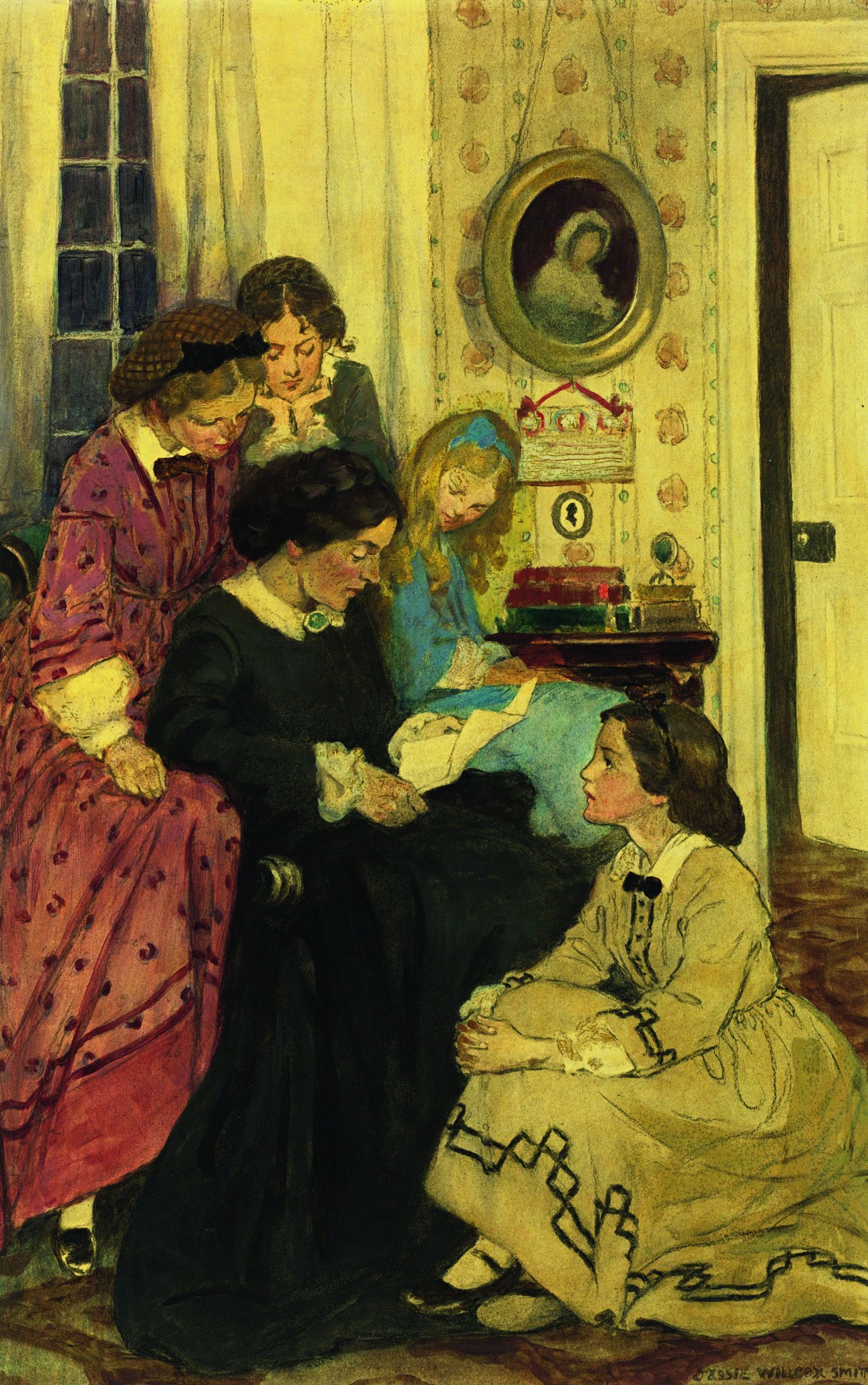
"One fish two fish red fish blue fish" (and every other kind of fish one can come up with in one's noggin) are all, at the end of the day, fish. Yet, each of them is an individual and, as such, different from one another. This deceptively simple line best captures the tension that Theodor Seuss Geisel - who died 27 Septembers ago - explored in his works. Dr Seuss, as he is popularly known, donned many a hat in his lifetime - political cartoonist, film-maker, War-time propagandist and so on - but he was most successful in the role of a children's writer. For Seuss, the child was born in an Edenic state, outside of adult corruption yet already possessing the virtue of a democratic citizen and, at the same time, naturally resistant to propaganda. A children's writer, he believed, served democracy by teaching kids to respect and trust their internal responses to an unjust world. Trusting the instinctive mind of the child more than the instructed mind of adults, Seuss holds up before them the fissures within democracy and the thin line that separates it from fascism. On the one hand, he champions liberal individualism and on the other, he is alarmed at individualism as a potentially devouring and alienating force.
Take, for instance, the case of Horton Hears a Who! Horton the elephant listens to the "very faint yelp" of a microscopic civilization living on a dust speck and tries to rally his neighbours to protect the endangered Whos. Now Horton the elephant may be large, but he is also small in the sense of being one individual only. His integrity requires that he assert his individual perception that the Whos do exist - even though this leads to social ostracization and violence. Then there is the community of Whoville where 'EveryWho' - following in the tradition of Everyman - speaks out unanimously to ask for their right to survive. Every Who except for JoJo that is. In case of JoJo, a "very small, very small shirker", individualism drives him to put personal interests ahead of the larger cause.
The heroic Horton challenges his community to show greater concern for the weak and ends up saving the day. The odious JoJo endangers his community by withholding his small voice. JoJo eventually comes around, encouraged by Horton's selflessness, and lends his voice to the collective yelp for help. It is only then that Horton's neighbours hear the Whos and Whoville is saved. Horton is thus not just a plea for the rights of the "small", but also an acknowledgement that even the small have an obligation to contribute to the general welfare.
Seuss's social vision is of a community of unique, participating individuals, without which the individuals themselves, along with their world, will perish. Egalitarianism, for him, considers the sacred worth of each individual. And yet, the pursuit of individual happiness may become a mode of self-assertion in conflict with others. This, Seuss argues, is the surest way to perish.










